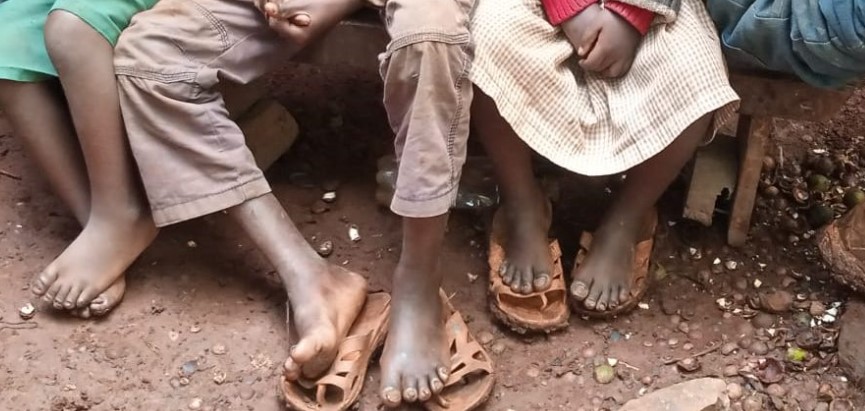Climate change experts are now blaming the sudden increase in jiggers and bedbugs in Bungoma County on the global climate change crisis.
The experts argue that residents in the county have experienced an extraordinary surge in bedbugs at homes and schools.
Further, many families living in villages in Mt. Elgon, Webuye East sub-counties, and Sang’alo in Kanduyi sub-county are battling jiggers.
Speaking in Chwele, Bungoma branch Red Cross Chairman Dr. Ferdinand Nabiswa said the surge in bedbugs and jiggers in the region may be due to climate change and lack of knowledge about preventing infestations.
He argues that in previous years, cases of bedbugs and jiggers in the region were low.
Did you read this?
He added that the climate change phenomenon has created a conducive environment for the breeding of the pests.
The expert said warmer climates promote a faster spread of bedbug reproduction and development than cooler climates.
“Bedbugs can hatch and become mature bedbugs in as little as 21 days in warmer temperatures when there is a good food source,” Nabiswa said.
According to him, the same procedure can take more than four months to complete in cooler climates and even longer if there is a constant lack of food.
Dr. Nabiswa claims that repeated deforestation has contributed to the region's warmer environment, which has encouraged warmer bedbug breeding grounds.
She also notes that deforestation has caused the area's streams, springs, and rivers to dry up.
“The intensity of bedbugs in Bungoma is because of the climate change crisis,” he said.
He also said that these two pests have become resistant to pesticides.
Nabiswa noted that Bungoma schools have become bedbugs' breeding sites, uncomfortable for students' nightlife.
He called on school management to ensure that dormitories and classrooms are cleaned thoroughly and sprayed with potent pesticides to fight bedbug invasion.









